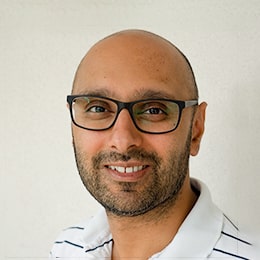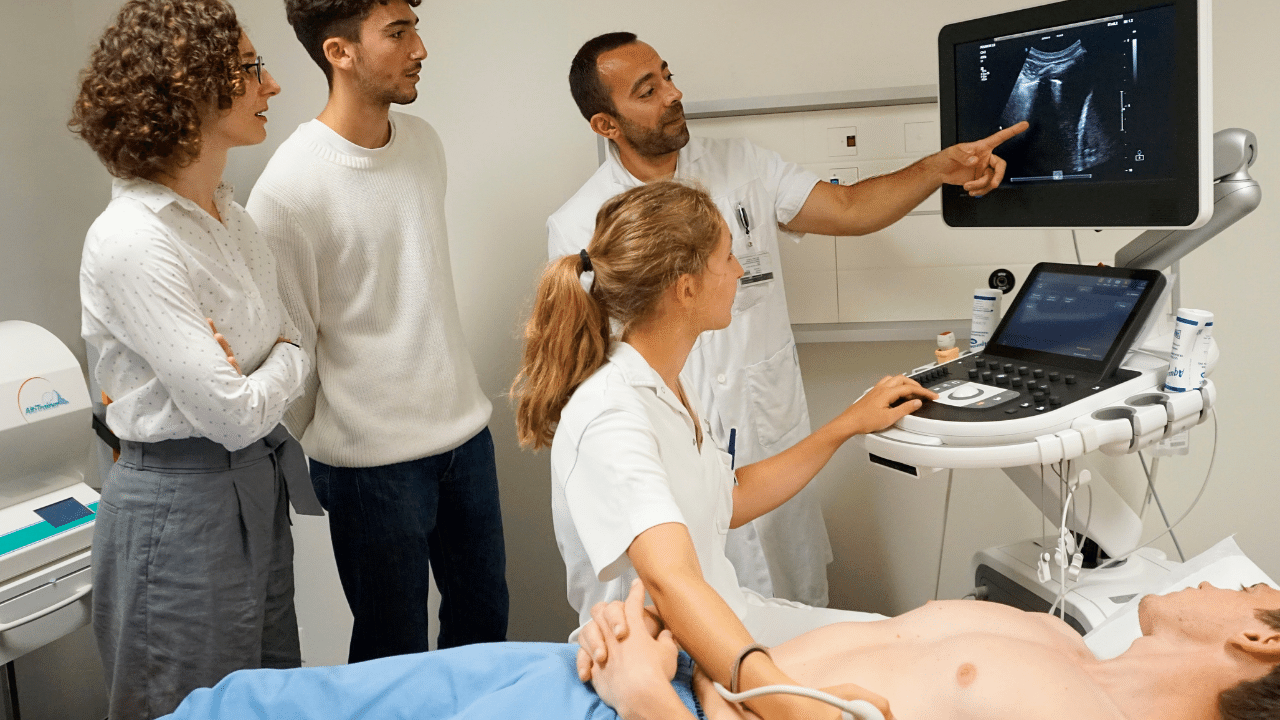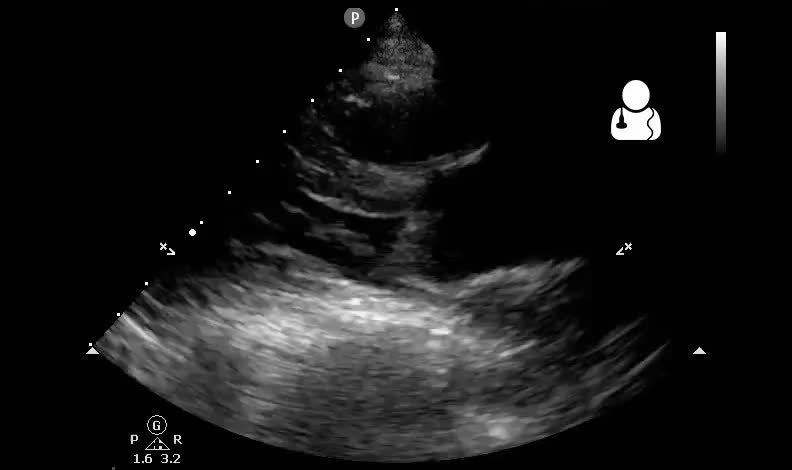About the programme
This three-part programme aims to train participants to independently perform thoracic ultrasound to diagnose and treat patients with lung diseases.
The programme is aimed at pulmonologists, thoracic surgeons, respiratory therapists, respiratory physicians, clinical researchers, radiologists, fellows and residents. However, knowledge and experience of performing ultrasounds is not required for this training programme. The hands-on training is based on the individual participant’s experience, therefore beginners as well as more experienced physicians are welcome to participate.
The programme should be completed within two years.
Learning outcomes
Following completion of this training programme, participants will:
- Have knowledge of basic ultrasound physics and principles
- Have theoretical knowledge of thoracic ultrasound in accordance with international requirements
- Be able to identify indications
- Know how to plan the procedure and prepare the patient
- Be able to independently perform a focused lung ultrasound examination and assess thoracic structures
- Have the basic knowledge to assess related structures, including the lower neck, upper abdomen and heart
- Be able to perform a diagnostic thoracic ultrasound examination and perform a real-time thoracic ultrasound guided pleural aspiration
- Interpret and integrate ultrasound findings into the clinical context
- Identify treatment and referral options
Pre-requisites for all participants
- Part one: previous knowledge and experience on thoracic ultrasound is not required
- Part two: participants must have completed part one of the programme
- Part three: participants must have completed parts one and two of the programme
Programme overview
Completion of all three parts of the training programme awards participants with 41.5 (if online course)/48.5 (if onsite course) continuing medical education credits (CME), which are accredited by the European Board for Accreditation in Pneumology (EBAP). This programme has received the Mark of Excellence from EBAP.
Part one: theory
| To take part in the training, participants must register and complete an online questionnaire to outline their experience and expectations. |
| All participants will study six online modules focused on relevant knowledge to be competent in thoracic ultrasound. The online modules cover the basic principles of ultrasound, focused lung ultrasound, chest sonography, ultrasound-guided procedures and focused cardiac ultrasound. Participants should allow between 12–20 hours to complete the modules. |
| A timed, 30-question multiple-choice assessment will be completed by all participants. This tests the participants’ knowledge of the material covered by the online modules. Participants who achieve a score of 78% or more will be awarded certification for part one of the training programme and they can progress on to part two of the programme. |
| Participants who fail the assessment the first time can register to re-sit via myERS for an administrative fee of €50. If a participant fails to pass the test on a second attempt, the participant is required to re-start the training programme. |
Part two: practical course and online portfolio
| To join part two, candidates must have successfully completed part one of the Thoracic ultrasound training programme. |
Part two participants will attend
OR
|
| After the practical or the online course, participants will create an online portfolio that includes ten case reports (eight cases of diagnostic interventions, two cases of US-guided interventions). Participants will also peer-review five cases that are submitted by another training programme candidate. |
| Following successful completion of the practical or online course, online portfolio submission and peer-review, participants will be awarded certification for part two of the training programme and they can progress onto part three of the programme. |
Part three: objective structured clinical examination
| To join part three of the programme, candidates must have successfully completed parts one and two of the Thoracic ultrasound training programme. |
| Part three participants will complete an objective structured clinical examination (OSCE): a five-station assessment to test their knowledge and practical skills in thoracic ultrasound. More information can be found in this publication. |
| Following successful completion, participants will be awarded certification in thoracic ultrasound. |
| Part 3 is usually organised once a year, before or after the ERS Congress. Participants will receive a special voucher to access the exam room inside the Congress premises. ERS Congress registration isn’t required to access OSCE. The capacity is limited to maximum 50 participants.
Participants who fail the OSCE can register to re-sit the examination via myERS for a fee of €100. |
Registration fees
| Category | Part 1 | Part 2 onsite | Part 2 online | Part 3 |
|---|---|---|---|---|
| ERS early career member | €100 | €1,300 | €600 | €250 |
| ERS member | €150 | €1,400 | €625 | €300 |
| Non-member | €200 | €1,500 | €650 | €350 |
- Participants who fail the part one assessment the first time can register to re-sit via myERS for an administrative fee of €50.
- Participants who fail the part three OSCE can register to re-sit the examination via myERS for a fee of €100.
- Part 3 is usually organised once a year, before or after ERS Congress, participants will receive a special voucher to access the exam room inside the Congress premises. ERS congress registration isn’t required to access OSCE. Registering for the OSCE examination does not grant access to the ERS Congress. Similarly, ERS Congress registration does not grant access to the Part three OSCE examination.
Committee members
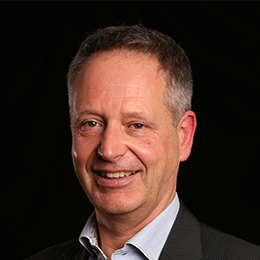

Jouke T. Annema
Professor - Academic Medical Centre Amsterdam, The Netherlands
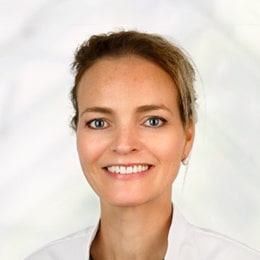

Laurence M.M.J. Crombag
Pulmonologist - Academic Medical Centre Amsterdam, The Netherlands


Lars Konge
Professor and ERS medical education advisor, Copenhagen Academy for Medical Education and Simulation and University of Copenhagen, Denmark
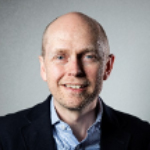

Christian B. Laursen
Associate professor and consultant in internal and respiratory medicine - Odense University Hospital, Denmark
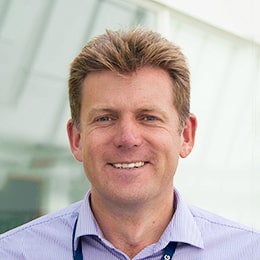

Nick Maskell
Professor of respiratory medicine - University of Bristol, United Kingdom
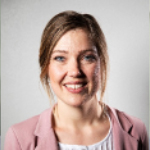

Pia Iben Pietersen
Clinical researcher - Odense University Hospital, Denmark
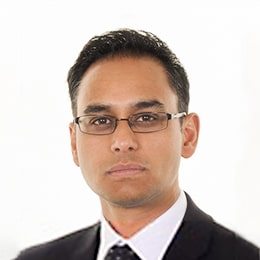

Najib Rahman
Associate professor and consultant in respiratory medicine, clinical director of the Oxford Respiratory Trials Unit University of Oxford, United Kingdom
